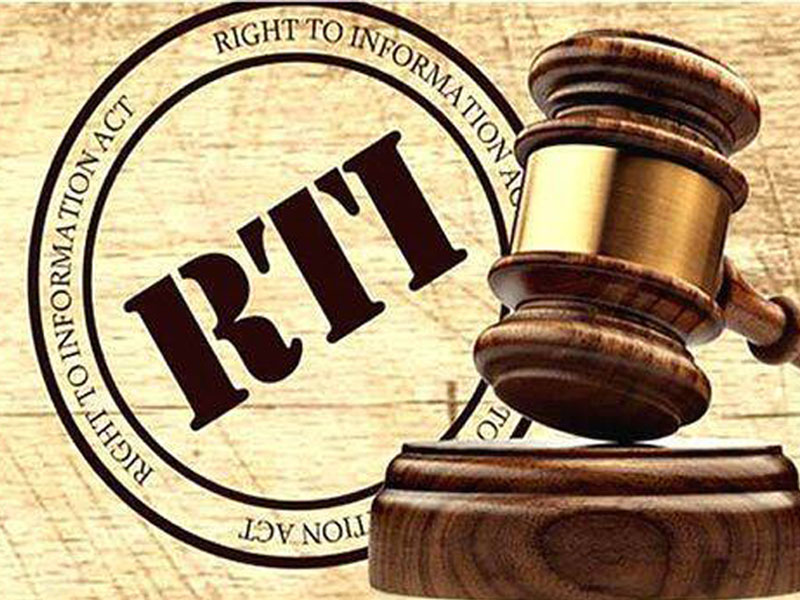The Right To Information Act(RTI) is a landmark piece of legislation that was enacted in 2016 with the aim of promoting transparency and accountability in government. The Act guarantees citizens the right to access information held by public authorities and requires these authorities to proactively disclose certain categories of information to the public.
However, a 2017 study by Verité Research found that the majority of public authorities in Sri Lanka are not complying with their obligations under the RTI Act. The study found that 75% of public authorities scored within the “moderately unsatisfactory” band, and 5% scored “unsatisfactory”. Only 20% of public authorities scored in the “moderately satisfactory” band. No authority scored “satisfactory” or “highly satisfactory”. And a recent probe by Lanka Newsline found that the situation has not changed very much
The recent Newsline probe found that the main reason for the poor compliance with the RTI Act is the unwillingness of officials in addition, the following reasons were identified :
- Lack of awareness of the Act among public officials.
- Lack of resources and training to implement the Act.
- Lack of political will to promote transparency and accountability.







